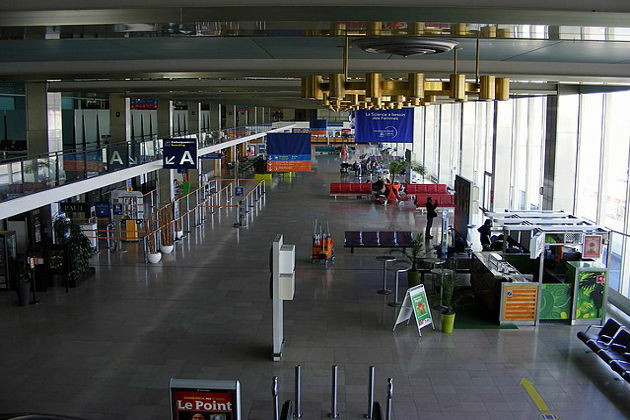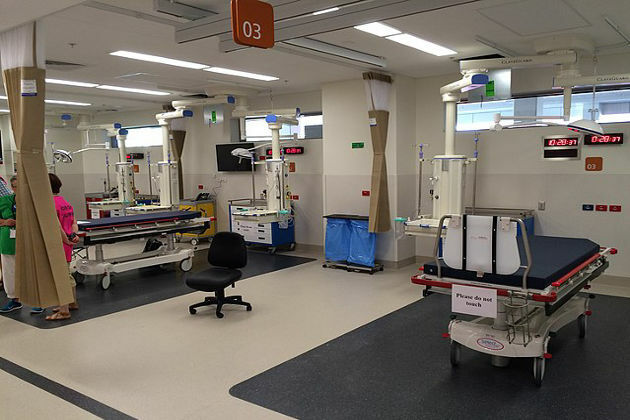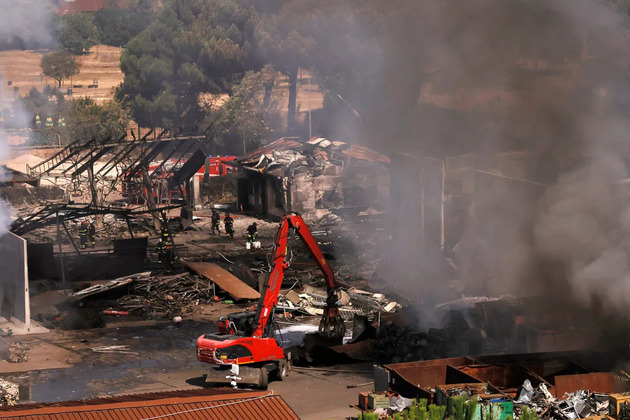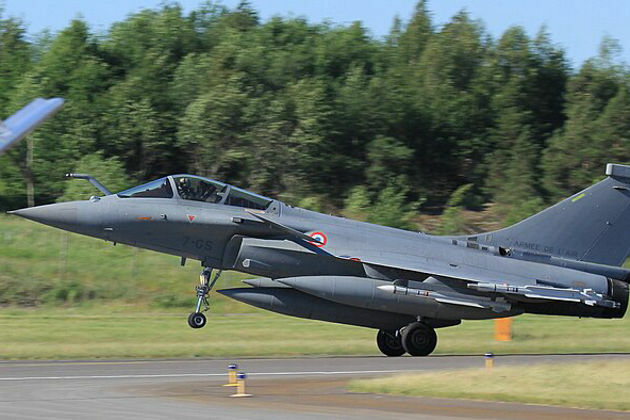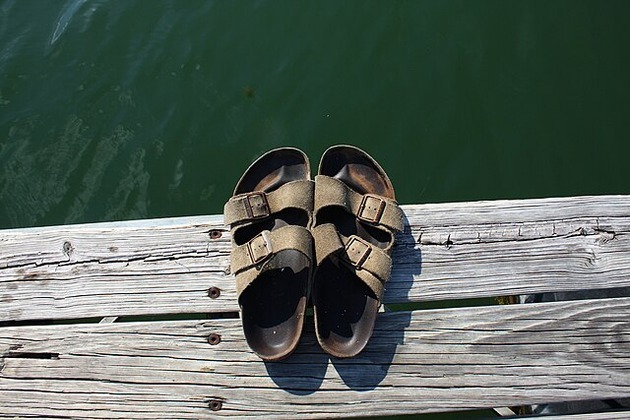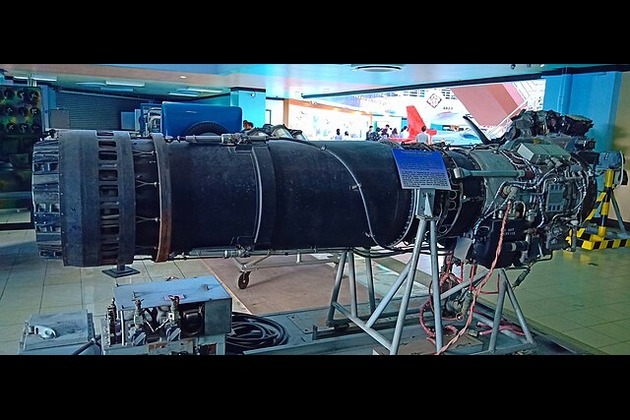I rode the Tour de France to study its impact on the human body -here's what I learned
The Conversation
08 Jul 2025, 17:11 GMT+10
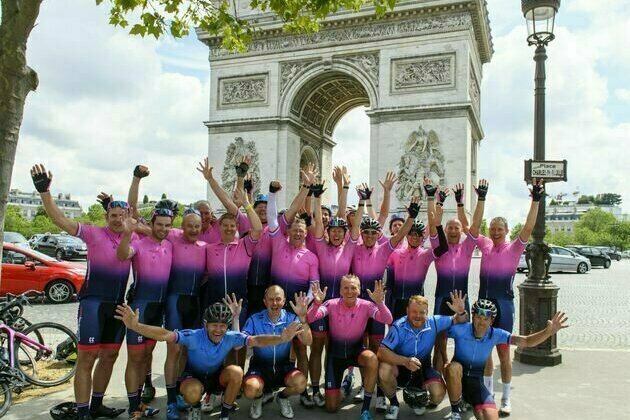
The Tour de France is often called the world's biggest annual sporting event. Each July up to 12 million people line the roadside, while the cumulative TV audience tops 3 billion viewers across 190 countries.
In 2025, 184 riders will compete in teams of eight, racing a punishing 3,500 km route with nearly 50,000 metres of climbing - roughly the height of Mount Everest six times over. Across 21 stages riders tackle time trials, flat sprints and brutal mountain passes through the Alps, Pyrenees and Massif Central.
Professional cyclists possess extraordinary endurance and are capable of generating high power outputs day after day. Yet, despite having far less training and support, in recent years a number of amateur cyclists have begun riding the Tour route just days before the pros. The Tour 21 is one such effort and offers cyclists a chance to follow in the tyre tracks of the elite while raising money for a good cause.
In 2021 I joined 19 others to ride the full route in support of Cure Leukaemia, with a shared goal of raising Pound 1 million for blood cancer research. As a blood cancer survivor diagnosed at 16, this challenge combined my love of cycling, my background in science and my deep desire to give back to the community that helped save my life. It was also a unique opportunity to study how amateur cyclists cope with one of the most demanding endurance events in the world.
The research findings were published in the Journal of Science and Cycling, to coincide with 2025's Grand Depart (the official start of the race) in Lille.
Originally, the study planned to include lab-based physiological assessments of the amateur cyclists undertaking the Tour de France route, but the COVID-19 pandemic forced us to adapt and rely instead on data from training diaries. These gave us insight into how much (or little) training had been done leading up to the ride, and how riders managed the physical and mental strain during the event itself.
While professional cyclists typically train 20-25 hours a week - often at altitude, with tailored coaching and racing schedules - our group of amateurs had full-time jobs, were typically 15-20 years older than the pros and trained around seven to ten hours a week.
Our preparation was far from ideal, averaging just 47km per ride and 350 metres of climbing; a fraction of what the Tour demands. In fact, this amounted to less than 10% of the required climbing during the mountain stages.
Once the ride began, the contrast between training and reality was stark. The group averaged nearly seven hours of riding a day, a 300% increase from their usual routine. Within four days signs of overtraining began to emerge: riders were no longer able to elevate their heart rates, a classic marker of central nervous system fatigue and excessive physical stress.
As the days progressed, performance metrics continued to decline: heart rates dropped, power outputs fell and mood scores deteriorated. The cumulative fatigue was undeniable.
Surprisingly, when we compared our amateur data to metrics from professional riders, we found that although pros ride at much higher power outputs, amateurs were subject to greater relative stress. On some days they spent almost double the time in the saddle, which meant they operated closer to their physical limits, with far less time for recovery - and often suboptimal sleep and nutrition.
By the final week many of the riders could no longer produce the same power they had in the first few days. In some cases, heart rates wouldn't rise above 100 beats per minute - a clear sign of accumulated fatigue and physiological overload.
If you're planning to take on a major endurance event - whether it's cycling, running, or hiking - here are some lessons from the road:
1. Train specifically for the event
Your training should mirror the challenge ahead. For the Tour, this meant preparing for long, back-to-back days with significant climbing. Mimic the intensity, volume and terrain as closely as possible.
2. Understand how quickly fatigue builds
Over multiple days, fatigue doesn't just accumulate - it compounds. Listen to your body, adapt your plan and include plenty of recovery time.
3. Prioritise nutrition and recovery
These two factors can make or break your performance. You'll need to consume enough energy to fuel the effort, but avoid excessive intake that leads to unnecessary weight gain. Recovery - through sleep, rest and refuelling - is equally vital.
4. Work with an experienced coach
More than fancy bikes or high-tech gear, a good coach is your best investment. They can help tailor your training plan, track your progress and adapt strategies as needed. Don't underestimate this support.
Completing the Tour de France route is a monumental achievement for any cyclist - amateur or pro. In 2021, our team not only rode the full route, but also raised over Pound 1 million for Cure Leukaemia. For me, it marked a deeply personal milestone in my cancer journey.
Throughout those 21 days, I thought often of the physical and emotional battles I faced during treatment; moments when I didn't know if I'd survive, let alone ride across France. That experience gave me the resilience to keep going, even when my body was screaming to stop.
Riding the Tour taught me that we're capable of far more than we realise, especially when we ride with purpose.
 Share
Share
 Tweet
Tweet
 Share
Share
 Flip
Flip
 Email
Email
Watch latest videos
Subscribe and Follow
Get a daily dose of Massachusetts Sun news through our daily email, its complimentary and keeps you fully up to date with world and business news as well.
News RELEASES
Publish news of your business, community or sports group, personnel appointments, major event and more by submitting a news release to Massachusetts Sun.
More InformationInternational
SectionU.S. Treasury Secretary says Musk should steer clear of politics
WASHINGTON, D.C.: Elon Musk's entry into the political arena is drawing pushback from top U.S. officials and investors, as his decision...
TikTok building U.S.-only app amid pressure to finalise sale
CULVER CITY, California: TikTok is preparing to roll out a separate version of its app for U.S. users, as efforts to secure a sale...
Trump defends use of 'Shylock,' citing ignorance of slur
WASHINGTON, D.C.: President Donald Trump claimed he was unaware that the term shylock is regarded as antisemitic when he used it in...
Summer travel in chaos as French air traffic controllers walk off job
PARIS, France: A strike by French air traffic controllers demanding improved working conditions caused significant disruptions during...
Congress weighs Medicaid cuts, sparking alarm in small-town hospitals
OMAHA, Nebraska: With Congress considering cuts totaling around US$1 trillion to Medicaid over the next decade, concerns are rising...
Gas station blast injures 40 in Rome, kids narrowly escape
ROME, Italy: Quick thinking by emergency responders helped prevent greater devastation after a gas station explosion in southeastern...
Business
SectionBeijing blamed for covert disinformation on French fighter jet Rafale
PARIS, France: French military and intelligence officials have accused China of orchestrating a covert campaign to damage the reputation...
Birkenstock steps up legal battle over fakes in India
NEW DELHI, India: Birkenstock is stepping up its efforts to protect its iconic sandals in India, as local legal representatives conducted...
Beijing hits back at EU with medical device import curbs
HONG KONG: China has fired back at the European Union in an escalating trade dispute by imposing new restrictions on medical device...
Wall Street reels after Trump invokes new tariffs
NEW YORK, New York - Monday's trading session saw mixed performances across U.S. and global markets, with several major indices posting...
Trump admin allows GE to restart engine sales to China’s COMAC
WASHINGTON, D.C.: The U.S. government has granted GE Aerospace permission to resume jet engine shipments to China's COMAC, a person...
Saudi Aramco plans asset sales to raise billions, say sources
DUBAI, U.A.E.: Saudi Aramco is exploring asset sales as part of a broader push to unlock capital, with gas-fired power plants among...




